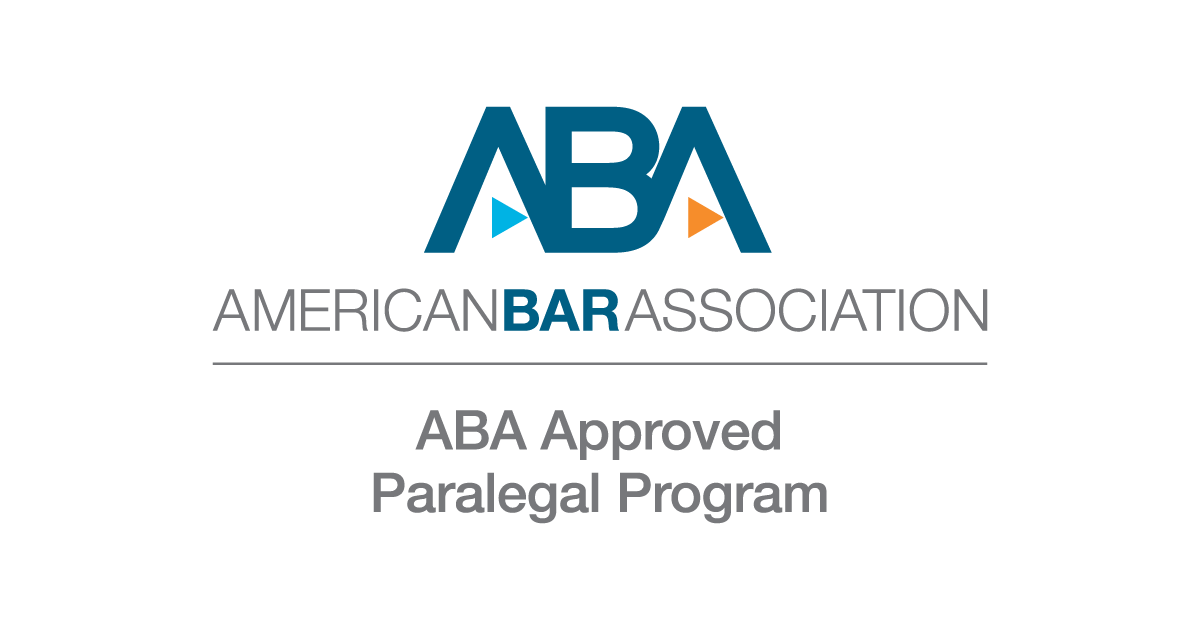If you are considering a career as a paralegal, you may understandably wonder what salary you could command in such a role. According to the United States Bureau of Labor Statistics, the average paralegal salary in 2016 was $49,500.1 However, it is important to recognize that this figure can vary as a result of several factors.
What are these factors? As a prospective paralegal, do you have any control over them, and if so, how can you increase your earning potential if you ultimately decide to enter this field?
Education level
The recommended entry-level education credential for a paralegal is an Associate’s degree in paralegal studies, which requires 60-70 semester units. However, as is the case in many professional fields, paralegal compensation increases as an individual’s education level rises. Those who have earned a Bachelor degree in paralegal studies, or a Bachelor degree in another discipline along with a paralegal certificate, often earn more. Data gathered by the National Association of Legal Assistants (or NALA) indicates that paralegals with a Bachelor’s degree can earn $1,141 more per year, on average. (Bachelor degree programs generally require 120-130 semester units.) The annual salary for a paralegal with a Master’s degree continues this trend—he or she stands to make $3,030 more than he or she would with just a Bachelor’s degree.
Years of experience
In the paralegal profession, experience is a valuable commodity. Like education level, a paralegal with several years in the role can expect to earn a higher salary than a recent graduate or career changer. In 2016, NALA reported a direct correlation between years of experience and pay: individuals with one to five years of legal experience made approximately $40,962, while paralegals in the six to 10 year bracket earned $50,949. 11-15 years of experience resulted in a salary of $57,034, and individuals with 16-20 years saw an average pay of $60,107. On the high end of the scale, paralegals with 21-25 and over 25 years of experience earned $62,960 and $67,154, respectively.2
Specialization
A paralegal’s specialization refers to the industry in which he or she has been trained and currently works. The Bureau of Labor Statistics ranks the five highest-paying industries as follows: federal government ($64,650), finance and insurance ($59,570), local government, not including education and hospitals ($48,920), legal services ($47,450), and state government, not including education and hospitals ($46,810). These salaries reflect data current as of May 2016.
Region or state
Paralegal salaries differ from region to region and state to state. As of 2016, the five states with the highest pay for paralegals are as follows: the District of Columbia ($76,620 on average), Alaska ($66,950), Washington ($59,590), New York ($59,300), and California ($59,130). Conversely, the five lowest-paying areas are Puerto Rico ($34,810), Arkansas ($39,700), Idaho ($42,080), New Mexico ($43,230), and Oklahoma ($43,310). To view the average paralegal salary for each state in the United States, visit the Bureau of Labor Statistics.
 In addition, NALA’s 2016 data contains important regional insights: the Far West, followed by the Southwest, is the highest-paying region for paralegals. The Plains States and Southeast pay the least, while the Great Lakes, Rocky Mountains, and New England/Mid-East regions fall in-between.
In addition, NALA’s 2016 data contains important regional insights: the Far West, followed by the Southwest, is the highest-paying region for paralegals. The Plains States and Southeast pay the least, while the Great Lakes, Rocky Mountains, and New England/Mid-East regions fall in-between.
How can I increase my earning potential?
Building a successful paralegal career over an extended period of time is one way to increase your salary. However, as a long-term and relatively passive strategy, there are more effective ways to earn more than the U.S. average for paralegals.
For example, consider your education level. Do you currently possess a paralegal credential? If you are a career changer, your answer may be no. In this instance, enrolling in an Associate’s degree or certificate program is an ideal first step. Choose an accredited school like Center for Advanced Legal Studies, which offers online and in-person options for students both with and without a Bachelor’s degree.
Your paralegal specialty can likewise affect your salary. A job in a high-paying specialty like government, finance and industry, or legal services may bolster your earning potential. When researching prospective education programs, review their course catalogs for evidence of a curriculum that will adequately prepare you for your intended specialty. This may include the opportunity to complete an externship in your preferred field, or targeted coursework like Center for Advanced Legal Studies’ “LAW2301: Corporate and Business Law” and “LAW2312: Oil and Gas Law.”
by Caroline Duda
1 Bureau of Labor Statistics, U.S. Department of Labor, Occupational Outlook Handbook, 2016-17 Edition, Paralegals and Legal Assistants, on the Internet at https://www.bls.gov/ooh/legal/paralegals-and-legal-assistants.htm (visited May 14, 2017).
2 National Association of Legal Assistants, 2016 National Utilization & Compensation Survey Report, on the Internet at https://www.nala.org/sites/default/files/files/banner/2016%20NALA%20Utilization%20Compensation%20Survey%20Report.pdf (visited May 16, 2017)
The Center for Advanced Legal Studies (CALS) is a leading paralegal school based in Houston, Texas, offering fully online Paralegal Certificate, AAS Degree, and BA in Law and Business programs. Since 1987, CALS has helped students nationwide launch and advance careers in the legal field through practical, career-focused education.






